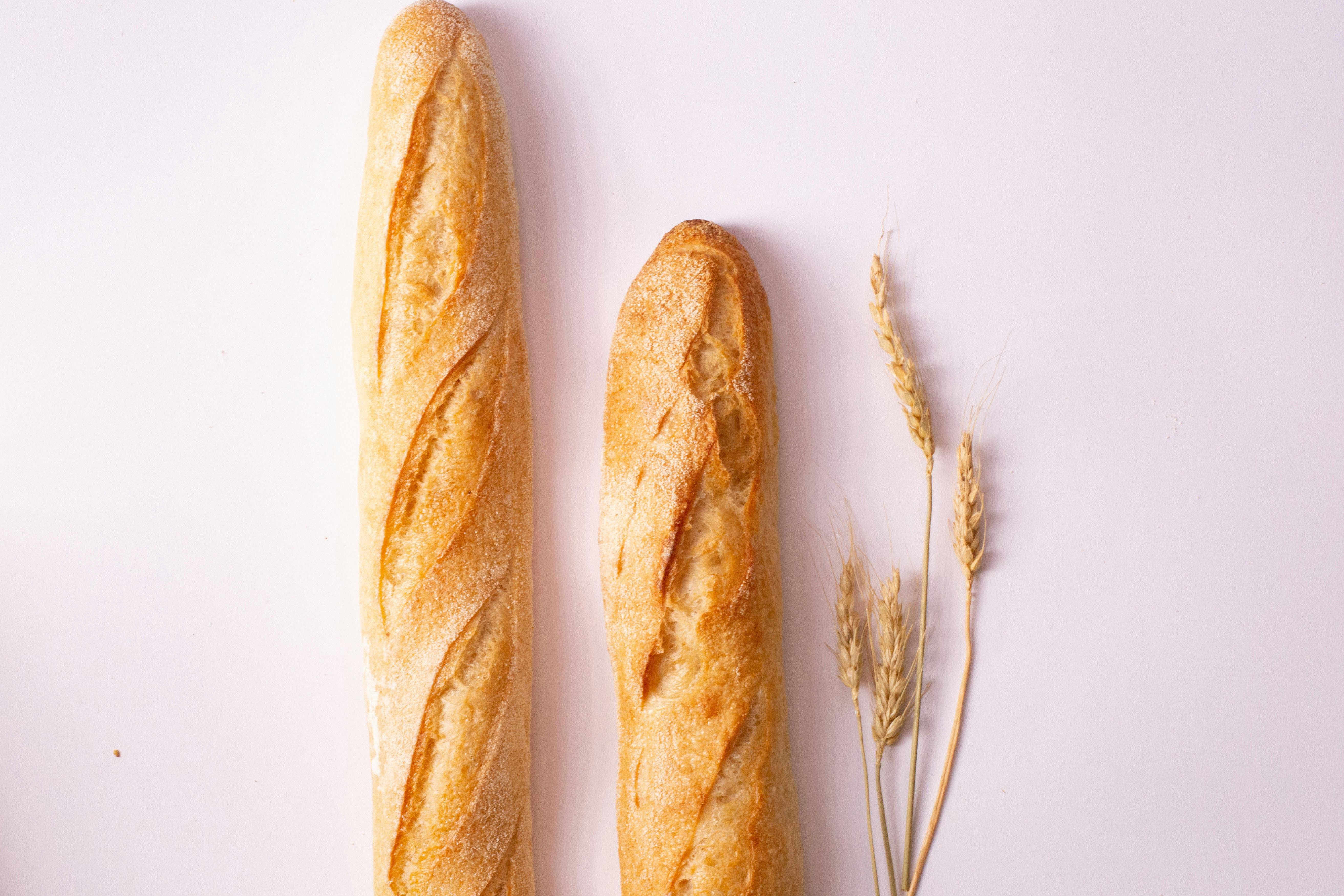How to manage thyroid disease
What's covered?


There are no specific foods or supplements that can treat your thyroid disorder. But there are a number of key nutrients that are essential for thyroid function. There are also some foods that might interact with some of the medications used to treat thyroid disorders.
Iodine and your thyroid
Your thyroid gland uses iodine to make the hormones thyroxine (T4) and triiodothyronine (T3). If you eat a healthy and balanced diet, it’s likely that you get enough iodine. Good sources of iodine include seaweed, cod, yoghurt, milk, and iodised salt.
Unless you’re advised by a health professional, don’t take an iodine supplement. In fact, too much iodine might cause an overactive thyroid (hyperthyroidism) in some people.
You can check your thyroid health at home by using a thyroid blood test.
Zinc and your thyroid
Zinc is another nutrient needed to make thyroid hormones. A zinc deficiency is associated with an underactive thyroid (hypothyroidism). But thyroid hormones are essential for zinc absorption so hypothyroidism might also lead to zinc deficiency.
If you eat a healthy and balanced diet, it’s likely that you get enough zinc. Good sources of zinc include meat, shellfish, dairy, bread, and cereal products. Speak to a health professional if you’re concerned you’re not getting enough zinc from your diet.

Selenium and your thyroid
Selenium is essential for producing and metabolising thyroid hormones. There’s some evidence that shows that low selenium levels might increase the risk of thyroid disorders. But more research is needed to understand this link. If you eat meat, fish, or nuts, it’s likely that you get enough from your diet.
If you suffer from mild thyroid eye disease, selenium supplements might help. But in general, it’s not clear whether selenium supplements can help treat or reduce the risk of thyroid disease.
If you’re considering a selenium supplement, speak to a health professional first — too much selenium can be harmful.
Vitamin D and your thyroid
Vitamin D plays an important role in your immune function and low levels are linked to autoimmune thyroid disorders.
While your body is able to make all the vitamin D you need, it needs enough sunlight to do this. So during autumn and winter, it’s common for your vitamin D levels to drop — putting you at risk of developing a deficiency.
If you’re concerned you’re not getting enough, you can test your vitamin D levels with a vitamins blood test. Or you can speak to a health professional about a supplement. Public Health England advises that everyone should consider taking a 10 mcg daily vitamin D supplement from October to March.
Do you need to avoid any foods with thyroid disease?
Goitrogens
Goitrogens are compounds in some foods that can prevent your thyroid from using iodine — affecting thyroid hormone production. This can lead to goitre — swelling of your thyroid gland.
Goitrogenic foods include things like broccoli, cauliflower, kale, cabbage, turnip, sweetcorn, and almonds. Unless you’re eating these foods in huge amounts, they shouldn’t cause any problems. Plus, cooking these foods can reduce their goitrogenic effects.
Soya
Soya can interfere with the absorption of levothyroxine — medication used to treat an underactive thyroid and goitre. To avoid this, try to leave as much time as possible between eating soya and taking your medication.
Iron and calcium supplements
Iron and calcium supplements can reduce the absorption of levothyroxine. To prevent this, avoid iron and calcium supplements within 4 hours of taking levothyroxine. Check with your doctor or pharmacist if you’re concerned.
Gluten
Autoimmune thyroid diseases, like Graves’ or Hashimoto’s disease, are sometimes accompanied by coeliac disease — an autoimmune disease caused by an allergy to gluten.
If you’re a coeliac, some research suggests that following a gluten-free diet might help improve your autoimmune thyroid disease. If you’re not a coeliac, there’s no strong evidence to support a gluten-free diet as a way to manage your thyroid disease.
If you suspect that you have coeliac disease, it’s important to see a health professional to get a proper diagnosis. They’ll also be able to advise you on how to follow a healthy gluten-free diet.
American Thyroid Association and American Association of Clinical Endocrinologists Taskforce on Hyperthyroidism and Other Causes of Thyrotoxicosis, Bahn, R. S., Burch, H. B., Cooper, D. S., Garber, J. R., Greenlee, M. C., … & Rivkees, S. A. (2011). Hyperthyroidism and other causes of thyrotoxicosis: management guidelines of the American Thyroid Association and American Association of Clinical Endocrinologists. Thyroid, 21(6), 593-646.